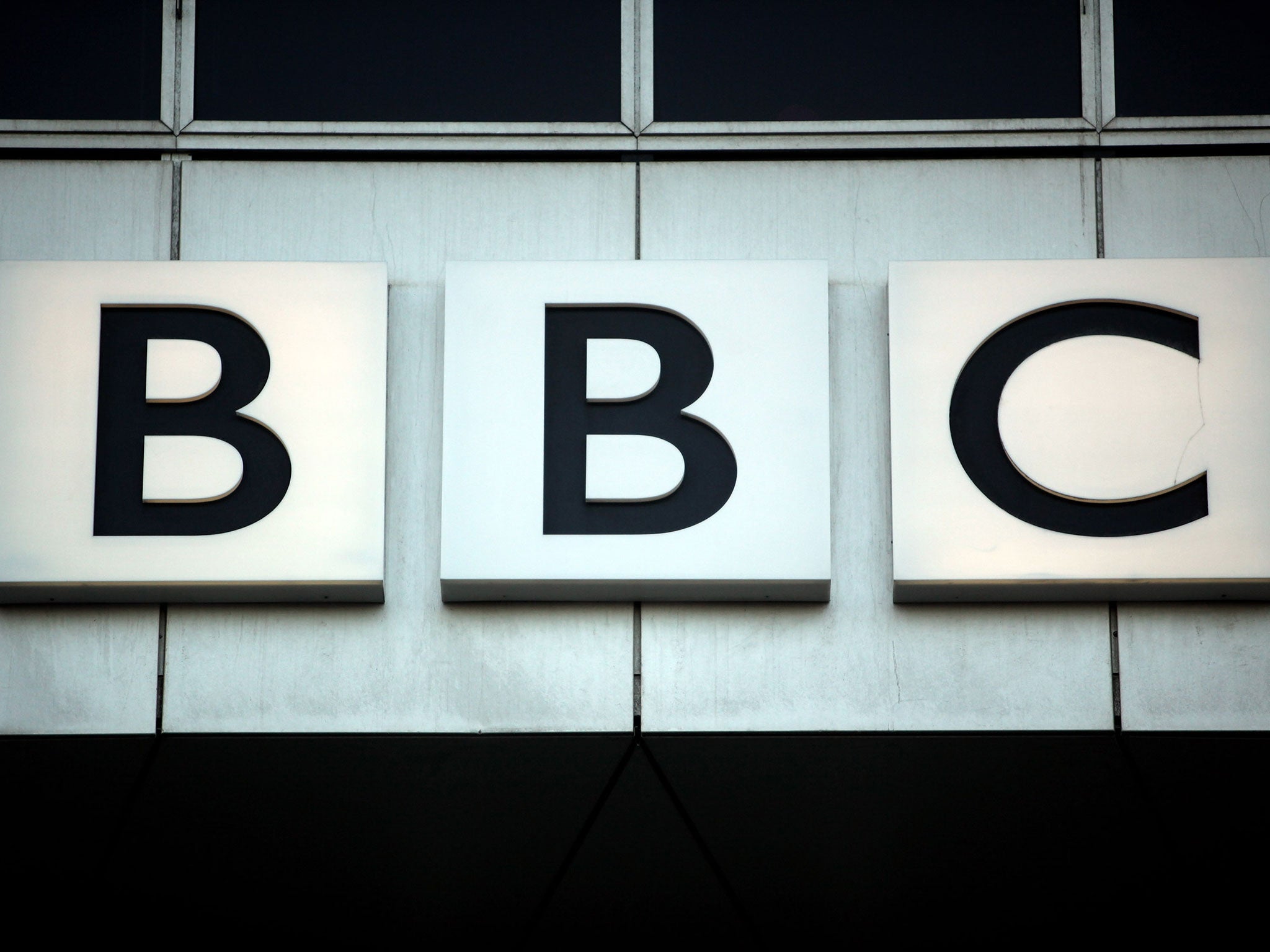BBC: 'No hiding place' for corporation under new regulation plan, says author of plan to scrap Trust
Former deputy governor of the Bank of England, Sir David Clementi concluded that regulatory oversight of the BBC should be passed wholly to Ofcom

The BBC will find “no hiding place” for its failings under a regulatory shake-up giving Ofcom responsibility for overseeing the corporation, the author of an independent review commissioned by the Government has claimed.
The BBC’s 94-year system of self-governance should be scrapped following a series of scandals, Sir David Clementi concluded.
John Whittingdale, the Culture Secretary, is now considering the report, which argued that the BBC Trust should be axed and oversight of the corporation “passed wholly” to Ofcom, the communications watchdog.
A former deputy governor of the Bank of England, Sir David said there should be “fundamental reform of the system of governance and regulation” for the BBC.
“The BBC Trust model is flawed. It conflates governance and regulatory functions within the Trust,” said Sir David. Blurred accountabilities between the Trust and BBC Executive, led by the Director-General, contributed to scandals over Jonathan Ross, executive pay and a failed £100m digital media initiative.
Created in 2006, the Trust was a “mistake,” Sir David said. “High pay, the remuneration issues, IT issues, are things that I have in mind because when they go wrong there is the question about which board is responsible.”
“One of the difficulties in those cases was it wasn’t quite clear if the Trust were dealing with it or whether the Executive board were dealing with it. It fell to both of them and neither of them.
“I think in what I propose, it’ll be entirely clear that the unitary board will be responsible for the activities of the BBC. There will be no hiding place.”
Ofcom would provide independent regulation and a new BBC unitary Board, led by a heavy-hitting chairman supported by a majority of non-executive directors, would represent the interests of licence-fee payers and defend the BBC’s impartiality. Archie Norman, the former ITV chairman, has been mooted as a possible candidate for the post which would now effectively be a full-time job.
Regulation over issues such as impartiality, offence, and the BBC’s impact on the commercial marketplace should be handed to Ofcom, since it already enjoys some powers over the BBC and has the experience and credibility to oversee the UK’s biggest public service broadcaster.
Ofcom could fine the BBC in exceptional circumstances, extending powers it already possesses. Sir David said the relationship between Ofcom and the BBC could become combative. “I don’t expect Ofcom to bash the BBC for the sake of it but I expect it to be pretty tough. The relationship would be one of mutual respect,” he said.
Ofcom would issue the BBC an “operating framework”, which would set out the obligations placed on the BBC. The BBC should handle complaints in the first instance with Ofcom handling appeals on editorial issues. The BBC receives 250,000 complaints a year, compared to the 25,000 Ofcom receives. Sir David said he expects Ofcom would receive some funds from the licence fee to cover the cost of its additional regulatory responsibilities.
The BBC Trust has previously questioned whether Ofcom is equipped to regulate the BBC, because it is held to a “different standard of accuracy and impartiality” than the broadcasting watchdog applies to commercial rivals.
Rona Fairhead, BBC Trust Chairman, said she had argued for a strong BBC board and an external regulator. “It will be important to get the details right, and we now want to work with the Government to ensure roles are clear, the structure is effective and the BBC’s independence protected,” she said.
A BBC spokesman said: “If delivered, these proposals will bring about the most significant change in governance and regulation of the BBC in its lifetime. A move to a single external regulator with strong powers will provide assurance to the market that the BBC is independently regulated.”
However Michelle Stanistreet, NUJ general secretary, said the union was “unconvinced that the regulatory oversight of the BBC should be passed wholly to Ofcom. It has allowed news and current affairs to be chipped away and we fear it will not safeguard the BBC’s future news output. Whatever structure replaces the Trust must have a robust policy on whistleblowers and it must act as a watchdog to ensure full diversity in front of and behind the camera.”
Join our commenting forum
Join thought-provoking conversations, follow other Independent readers and see their replies
0Comments